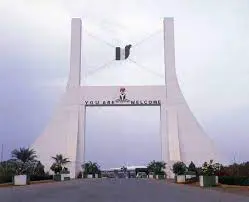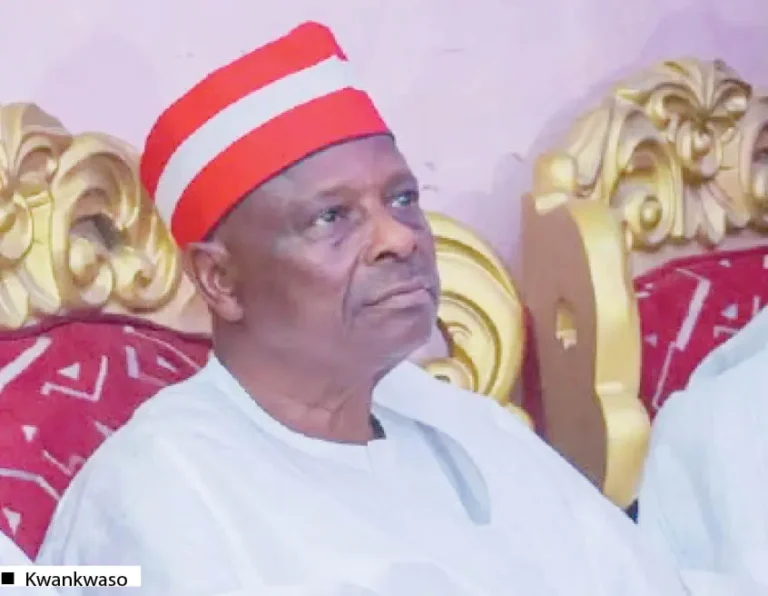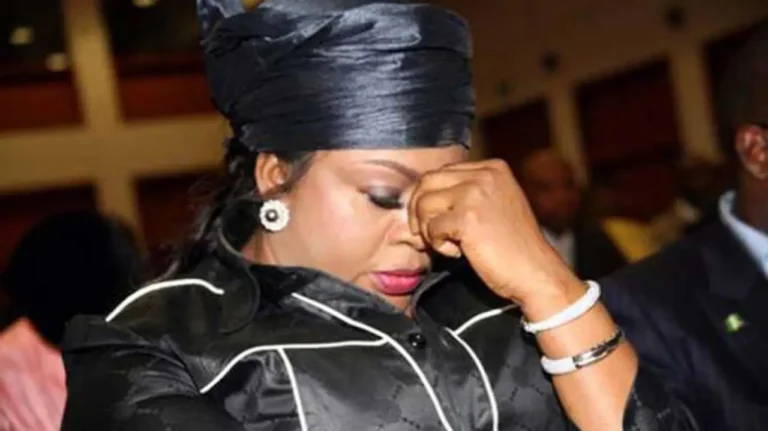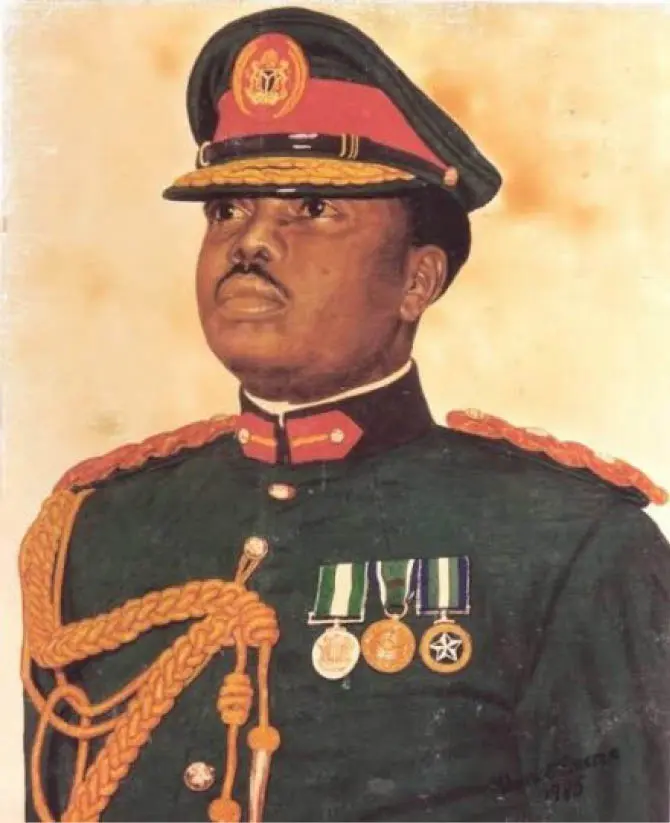A group of civil society organisations and gender activists has called for more women representation in Nigeria’s political leadership space.
The CSOs made the call on Tuesday at a roundtable discussion on ‘public dialogue on inclusive governance in Nigeria” organised by the National Institute for Legislative and Democratic Studies (NILDS) in conjunction with the Westminster Foundation for Democracy.
The roundtable discussion is a follow-up to an earlier event tagged “International Conference on Women in Governance” held in August by NILDS and other critical stakeholders to deepen conversations about women’s participation in politics and governance in Africa.
Female representation within the country’s political leadership space both at the national and subnational levels has been abysmal over the years despite concerted efforts by concerned individuals and organisations to press for the implementation of affirmative action both in elective and appointive positions for female folks.
Of all the 36 state governors, for example, none is a woman. Also, female representation at the National Assembly is essentially insignificant when compared to their male counterparts. The state assemblies are not any different from the federal parliament.
In his welcome address at the occasion, NILDS’ DG, Abubakar Sulaiman, reiterated some of the challenges facing female politicians in the country including the exorbitant cost of running campaigns and the nocturnal ways most political meetings are held in the country which may lead to social profiling and stigmatisation on the part of the women.
Mr Sulaiman, a professor, called on political parties in the country to make deliberate efforts, especially through their constitutions, to ensure that more women get party nominations and maximum support to vie for offices in political contests.
Emphasising the importance of political parties in helping more women participate in politics and governance in the country, Mr Sulaiman said, “When political parties nominate women as representatives in elections, it opens up opportunities for women to be elected into office. Conversely, when they fail to bring up women during nominations, the women are automatically cut off.
For instance, the DG said most of the leadership positions in the major political parties are dominated by men, and the only position reserved for women is mostly that of the Women Leader.
Kafilat Ogbara, one of the few female lawmakers in the 10th House of Representatives, in her brief remarks at the occasion, commended the leadership of NILDS and WFD for deeming it fit to organise the roundtable.
A roundtable discussion on a thematic and burning issue in our democratic journey in Nigeria which is aimed at “finding ways to inclusiveness in our political and governance structure and awakening the consciousness of all stakeholders to this very important assignment” is not only desirable but necessary for nation building and I am very happy and proud to be a part of this discussion,” she said.
Mrs Ogbara, who doubles as the chairperson of the House Committee on Women Affairs and Social Development, added “Forums like this provide the necessary opportunities and platform to rub minds, share ideas and chart new causes on burning issues such as this. Involving stakeholders of diverse backgrounds and experiences is commendable so that all stakeholders can understand the germane issues of the day and therefore be in a good position to contribute effectively to debating the issues and devising necessary policy and legislative actions for dealing with the issues.”
Other dignitaries who attended the one-day roundtable discussion, apart from Mrs Ogbara, were representatives of various CSOs, gender activists, NILDS management, the country director of WFD and the representatives of the Inter-Party Advisory Council of Nigeria(IPAC), among others.
The CSOs made the call on Tuesday at a roundtable discussion on ‘public dialogue on inclusive governance in Nigeria” organised by the National Institute for Legislative and Democratic Studies (NILDS) in conjunction with the Westminster Foundation for Democracy.
The roundtable discussion is a follow-up to an earlier event tagged “International Conference on Women in Governance” held in August by NILDS and other critical stakeholders to deepen conversations about women’s participation in politics and governance in Africa.
Female representation within the country’s political leadership space both at the national and subnational levels has been abysmal over the years despite concerted efforts by concerned individuals and organisations to press for the implementation of affirmative action both in elective and appointive positions for female folks.
Of all the 36 state governors, for example, none is a woman. Also, female representation at the National Assembly is essentially insignificant when compared to their male counterparts. The state assemblies are not any different from the federal parliament.
In his welcome address at the occasion, NILDS’ DG, Abubakar Sulaiman, reiterated some of the challenges facing female politicians in the country including the exorbitant cost of running campaigns and the nocturnal ways most political meetings are held in the country which may lead to social profiling and stigmatisation on the part of the women.
Mr Sulaiman, a professor, called on political parties in the country to make deliberate efforts, especially through their constitutions, to ensure that more women get party nominations and maximum support to vie for offices in political contests.
Emphasising the importance of political parties in helping more women participate in politics and governance in the country, Mr Sulaiman said, “When political parties nominate women as representatives in elections, it opens up opportunities for women to be elected into office. Conversely, when they fail to bring up women during nominations, the women are automatically cut off.
For instance, the DG said most of the leadership positions in the major political parties are dominated by men, and the only position reserved for women is mostly that of the Women Leader.
Kafilat Ogbara, one of the few female lawmakers in the 10th House of Representatives, in her brief remarks at the occasion, commended the leadership of NILDS and WFD for deeming it fit to organise the roundtable.
A roundtable discussion on a thematic and burning issue in our democratic journey in Nigeria which is aimed at “finding ways to inclusiveness in our political and governance structure and awakening the consciousness of all stakeholders to this very important assignment” is not only desirable but necessary for nation building and I am very happy and proud to be a part of this discussion,” she said.
Mrs Ogbara, who doubles as the chairperson of the House Committee on Women Affairs and Social Development, added “Forums like this provide the necessary opportunities and platform to rub minds, share ideas and chart new causes on burning issues such as this. Involving stakeholders of diverse backgrounds and experiences is commendable so that all stakeholders can understand the germane issues of the day and therefore be in a good position to contribute effectively to debating the issues and devising necessary policy and legislative actions for dealing with the issues.”
Other dignitaries who attended the one-day roundtable discussion, apart from Mrs Ogbara, were representatives of various CSOs, gender activists, NILDS management, the country director of WFD and the representatives of the Inter-Party Advisory Council of Nigeria(IPAC), among others.




